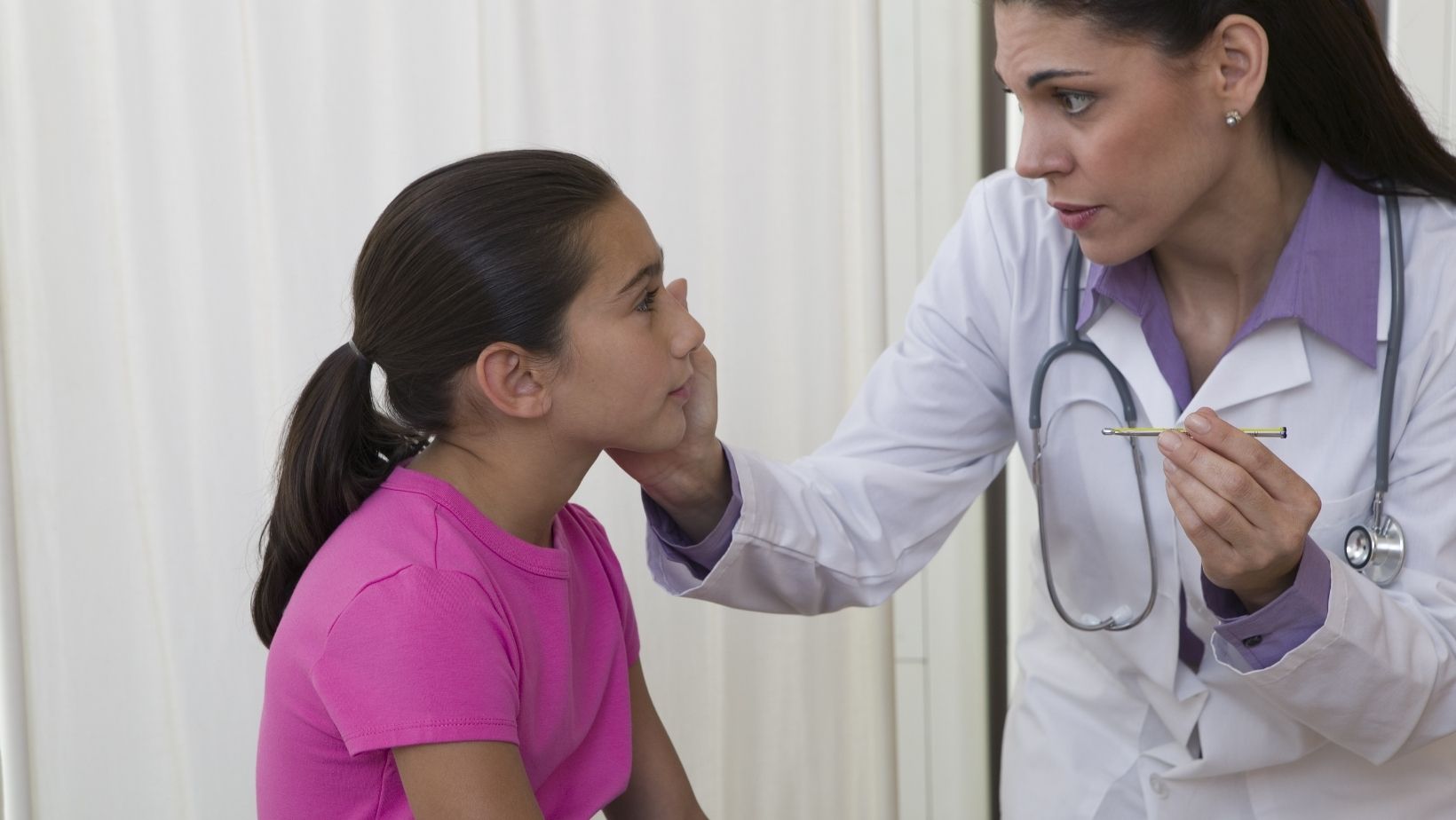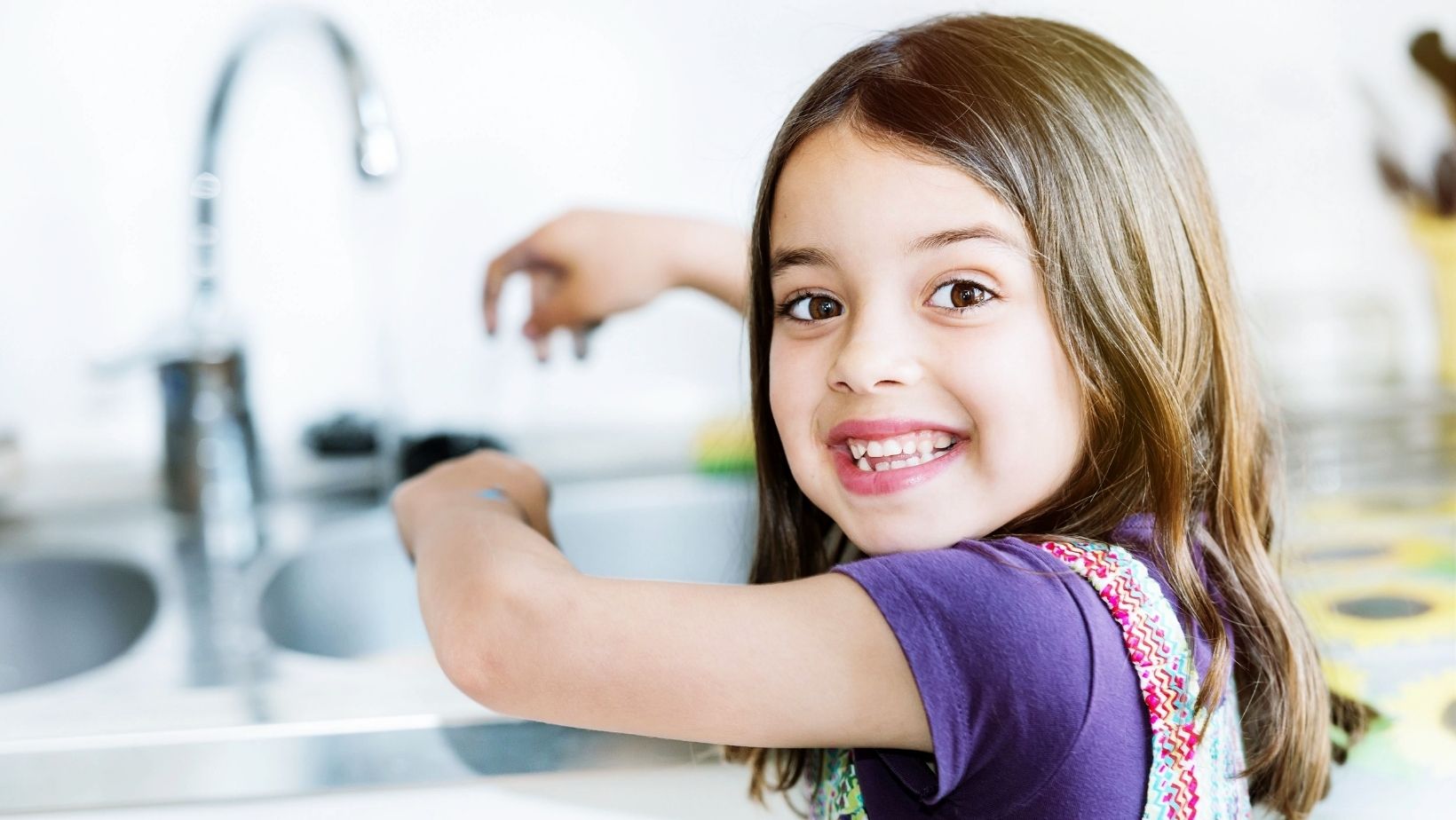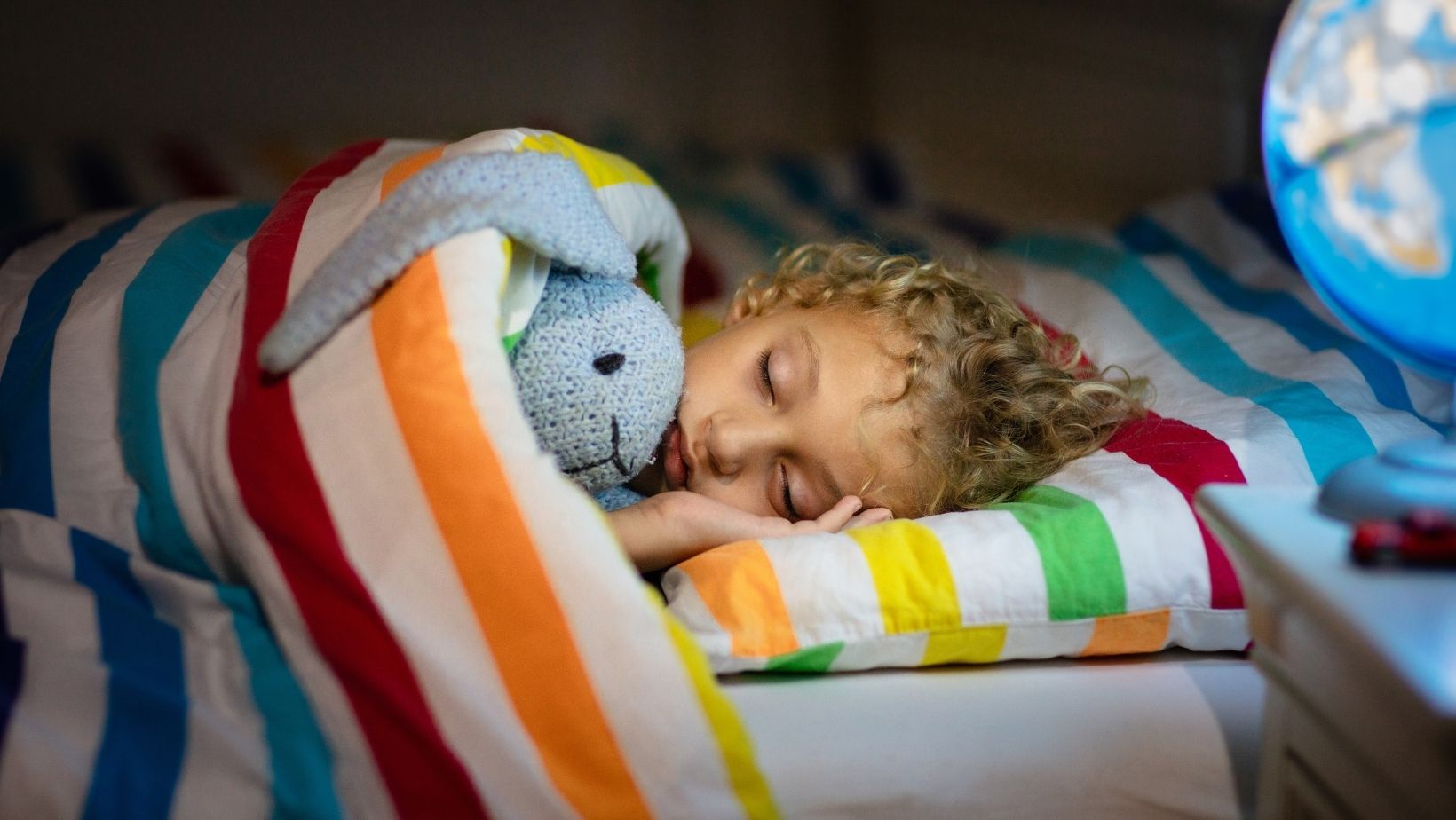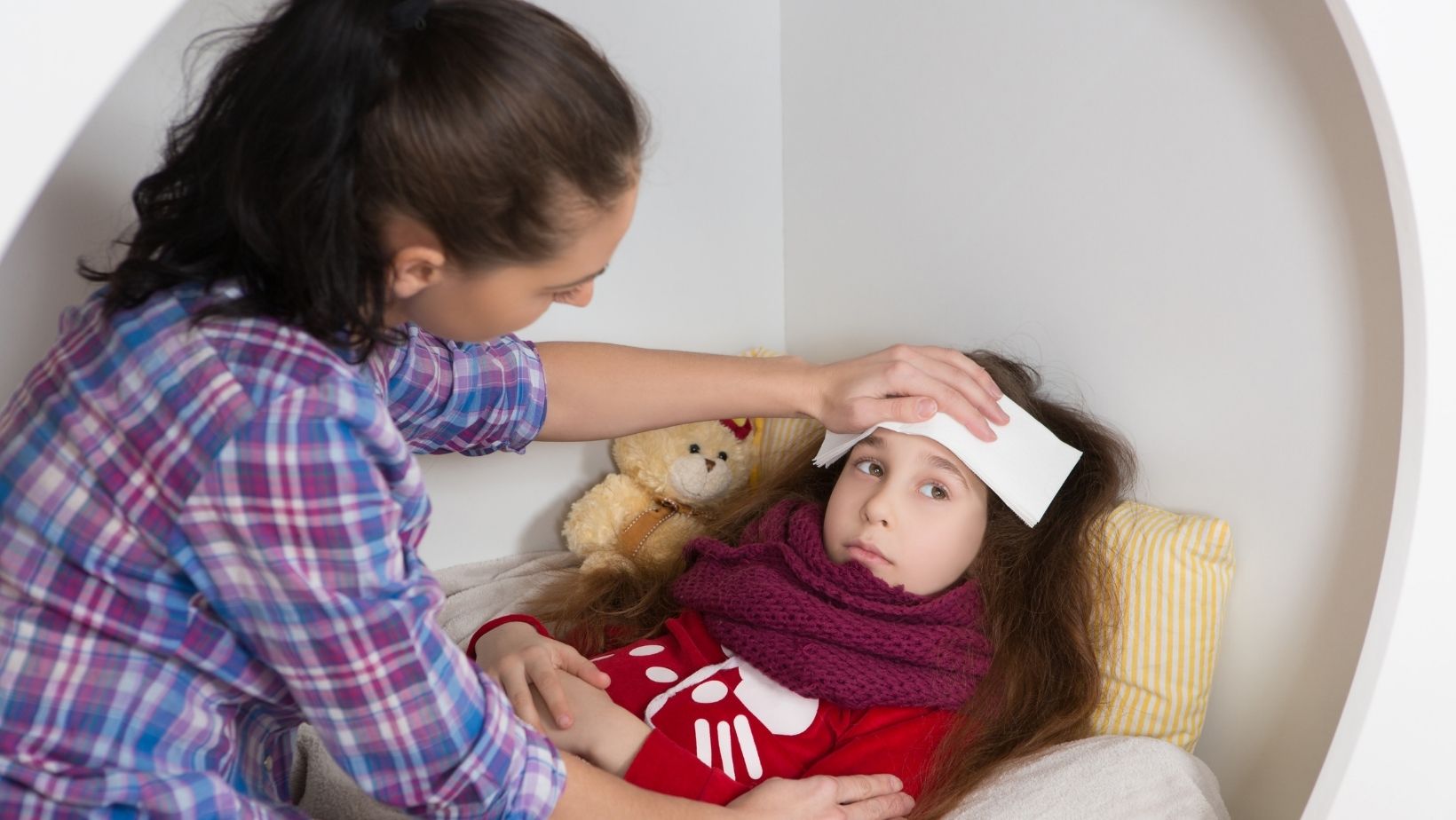Keeping your kids healthy is a high priority for every parent. It’s essential during the cold and flu season, which can be very dangerous for children with weakened immune systems. School nurses provide valuable advice on how parents can keep their kids healthy all year long. Nurses in elementary, middle school and high school know the latest information on staying healthy. They also work in schools where they must keep close track of students’ health. This article discusses tips from school nurses on keeping kids healthy.
Encourage your kids to consult school nurses if they feel unwell at school
Keeping kids healthy is an essential responsibility for parents, and having school nurses on your side can be extremely helpful. Encourage your kids to share their health issues with the school nurse if they feel unwell at school so that they treat the illness immediately and efficiently. Most school nurses are highly experienced, qualified and have a proper degree. To ensure that they are well equipped with the knowledge required to treat kids, you can also discuss their qualifications with them. However, there is a chance that you get more confused after talking to them; after all, there are various nursing degrees. You might wonder what is a Nursing Administration MSN Degree? How is BSN different from other nursing diplomas and degrees? Yada yada yada. In this case, do a little homework before your chat.

To ensure that the school nurses are the best caregivers, most schools often hire candidates with the highest qualification, which in this case is an MSN or doctorate since nurses with these advanced degrees are well-equipped with the highest level of expertise, knowledge and skills in administration and healthcare.
Everyone knows that good health is essential for success in school, but it’s still a common problem for kids to stay healthy and perform well in school. This is where school nurses come in – they work to keep the learning environment as healthy as possible and educate parents and kids about what they can do to stay healthy.
Teach your kids to wash their hands

Healthcare providers like school nurses value good hygiene above almost anything else. Washing and cleaning hands are one of the most effective ways to prevent getting sick, and a lot of times, it can be as simple as using soap and water. Parents should make sure their kids understand the importance of proper hygiene and take it seriously.
Drink plenty of water
Parents should encourage kids to drink water, especially when on the go, as juice and soda can quickly dehydrate your child. The best beverage for children is water, and kids should always have a water bottle with them. Children require continual hydration throughout the day. Many schools have water refill stations, allowing students to fill up their bottles whenever they need them quickly.
Get enough sleep

Parents must prioritize to ensure that their kids are getting enough sleep. Children should be in bed by 8 pm each night to ensure they get their required 10 hours of rest. If your kid is tired during the day, they may be unable to concentrate and learn as well as they should.
Eat a healthy breakfast
Parents should ensure that their child has eaten a healthy, nutritious breakfast every morning. It will help them stay alert throughout the day, improve their memory and concentration abilities, and give them the energy needed to keep up with their schoolwork. A healthy breakfast would include whole-grain cereal, fresh fruit or vegetables, and milk.
Don’t share water bottles
Don’t let your child share their school water bottle with anyone. Many diseases spread through sharing personal items such as water bottles. You should explain to the children that sharing water bottles can lead to the spread of germs. Always ensure that the water bottles are clean and sanitized regularly.
Cover mouth and nose when coughing or sneezing
Give your kids a clean start for the school day by teaching them to cover their mouth and nose with hands or tissue when coughing or sneezing. This simple practice can help prevent the spread of colds, flu, and other germs. Please provide them with a tissue pack or a handkerchief to use as a cover and remind them of this technique whenever they seem to be sick.
Eat healthy foods

Parents should also be aware of their children’s diets. Help your kids choose healthy snacks at home and send them to school with the best possible fuel in their stomachs. Kids will be less likely to catch a cold or get sick if they eat a balanced diet and avoid junk food and sugary drinks, and parents can talk with school nurses about healthy options. Parents should monitor their children’s food intake to ensure they get the right foods. Monitor how many fruits and vegetables kids are eating, and make sure they take a multivitamin each day. Please encourage them to stay away from junk food because it has very little nutritional value. Make sure they drink a glass of water daily, especially if they will be outside in the heat.
Use hand sanitizer
Hand sanitizer is a valuable tool to have on hand, especially during cold and flu season. Please discuss with your kids the proper technique for using hand sanitizer and demonstrate it yourself before they leave for school each morning. It can help kill germs and avoid spreading viruses to classmates.
Physical activity
Kids should be encouraged to stay active throughout the day. Kids should do some healthy exercise every day, even if it is broken up into activities throughout the day. Many kids have busy schedules but try to encourage your child to go outside and play for at least 20 minutes each day. If they can’t go outside, they should still get some activity. Try to encourage them to do jumping jacks or pushups during commercials when watching TV or do some stretches or yoga poses during that time instead.
Keep Sick Students Home

If a kid is sick, they should stay home from school to avoid getting the other students ill. Staying at home will also help them recover more quickly. School nurses would rather have kids stay home to regain their health instead of struggling through school even though they are sick.
Stay Clean
Kids should practice good hygiene to keep germs away. Wash their hands regularly, especially before eating or drinking anything. Teach them to clean their hands after playing outside using soap and water or hand sanitizer if they can’t access running water. Teach them not to touch their mouths, eyes, or nose with dirty hands. Please encourage them to put dirty clothes in the hamper and wash their hands after handling pets or other animals.
Conclusion
Thank you for reading! Parents should know how their children can stay healthy and what they should do if they are sick. We hope that this blog provided some helpful tips on keeping your kids happy and healthy! Be sure to visit the school nurse with any questions or concerns about your child’s health.























